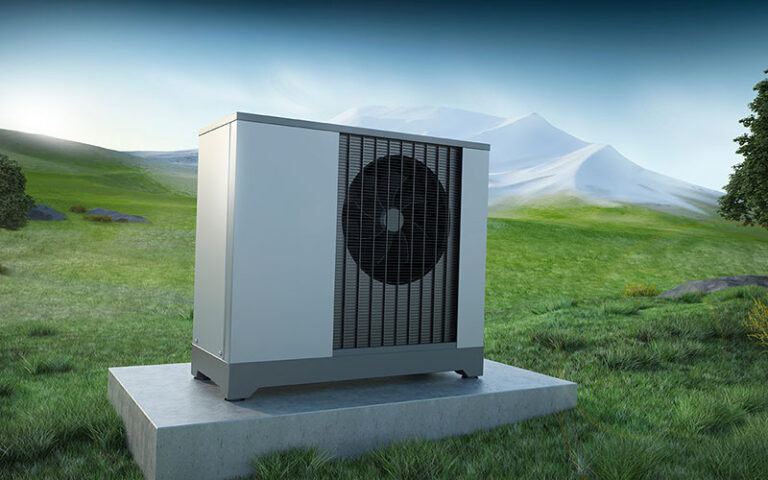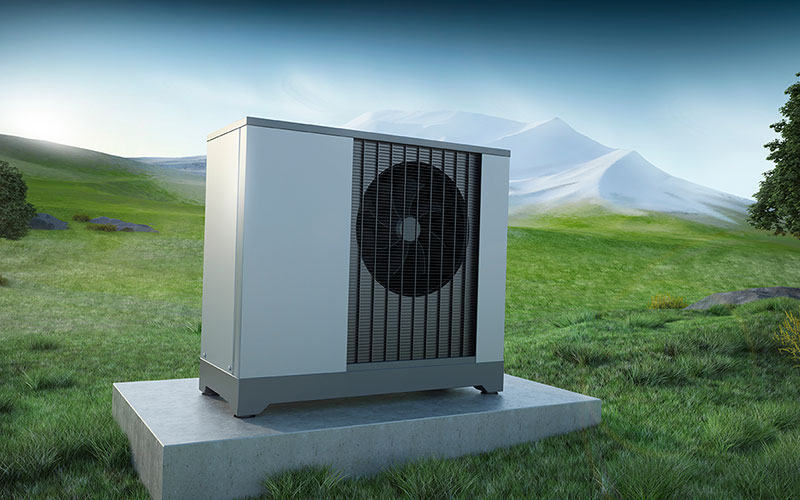Renewable Energy Grants FAQ’s
DRHI is a government financial incentive to encourage the use of renewable heat. DRHI is an abbreviation of Domestic Renewable Heat Incentive. Applicable to:
- Home owners (including second homes)
- Private landlords
- Social landlords
- Self-builders
- Legacy renewable heat measures installed after 15 July 2009
Yes. So long as the landlord owns the heating system and consent is obtained from the tenants of the premises.
A homeowner that has either built or had a dwelling built for their own use, or indeed is in the process of building at any stage.
Any qualifying renewable energy system (Air source heat pumps, Biomass heating, Ground source heat pumps or Solar water heating) installed after 15th July 2009 are eligible for the tariff payments. Any existing grant employed by these systems will be deducted from the RHI payments.
All households except self-built dwellings will require a green deal assessment. This report documents the energy efficiency of the property. If insulation measures are recommended in this report these must be installed and a performance certificate obtained before applying for the RHI scheme.
Self builders must obtain a RdSAP energy performance certificate to apply for the RHI scheme.
- Air source heat pumps
- Ground and water source heat pumps
- Solar thermal (hot water) systems
- Biomass boilers and wood pellet stoves with a back boilers.

No. The installer of the system must be MCS certified. The new heating system must be MCS certified (or an equivalent scheme) and included in OFGEM’s Domestic Renewable Heat Incentive product eligibility list.
Yes so long as a solar thermal (hot water) system is installed, this allows for two RHI payment claims, one for the solar thermal system and one for the heat pump / biomass heating system. You cannot make a claim for biomass systems & heat pump systems.
Yes but to claim the RHI payment the system/s must be metered and you will be responsible for the cost of installing the required approved metering equipment.
Heat Pumps & Biomass Grants (BUS) Enquiry Form
To see if you are eligible and apply for a grant, please complete the form below.
"*" indicates required fields
Generally no although for biomass heating systems and air / ground source heat pumps there are two situations that will require the systems to be metered:
1/ If a renewable heat system is installed alongside an existing non-renewable system.
2/ For systems installed in second homes.
A “Metering & Monitoring” package is available at a cost of between £200 & £230 per annum. This enables users to monitor the performance of the system.
The following system technologies are included in the DRHI scheme:
- Air source heat pumps 7.3p/kWh
- Biomass boilers and biomass pellet stoves with back burner 12.2p/kWh
- Ground source heat pumps 18.8p/kWh
- Solar thermal technologies 19.2p/kWh
Yes. A tariff degression scheme will operate to manage the RHI budget, similar to the one employed by the Feed in Tariffs. The number of installations is checked quarterly and when certain trigger points are reached, the tariffs will be lowered in phases. Lowered tariffs will only be applicable to systems installed after that date. In short, the earlier you install a system the more you’re likely to benefit.
The RHI tariffs are paid per kWh of renewable heat generated. The amount of heat generated from your installation estimated based on the expected annual heat used by the property (deemed).
Generally the deemed rate of heat per annum is multiplied by the RHI tariff rate to calculate the annual payment. This is taken over a twenty year period to cover the life expectancy of the system and paid over a seven year period.
The Domestic RHI tariffs are paid over 7 years, although they are calculated to cover a 20 year life expectancy of the system. Payments are made quarterly in arrears by Ofgem. The payments will rise every year according to the retail price index (RPI) which come into effect on April 1st each year.
You could be eligible to obtain a portion of the funding through the Green Deal OR eco 4 which allows you to offset the cost against future savings on your energy bills. As well as a variety Government Grants that we are aware of as well as some local council schemes.
It is usually Ofgem that need to be informed so that RHI payments can be transferred to the new owner.
Your first point of contact should be with the MCS accredited installer of the system/s that we connected you with. If the problem is not resolved you should visit the Renewable Energy Consumer Code (recc.org.uk) site and make a complaint.
DECC expects the domestic RHI scheme to run without a current end date but as with many policies this may be subject to change. Here at Government Grants we research and are up to date with all new grants, council schemes and any changes a new government brings. Always complete a no obligation form with us so we can update you with all the options.
We will be pleased to help, simply follow the contact us page instructions or complete an enquiry form relating to the grant or product you are after on the relevant page. No obligation on your part, we will come back to you with all possible answers.


